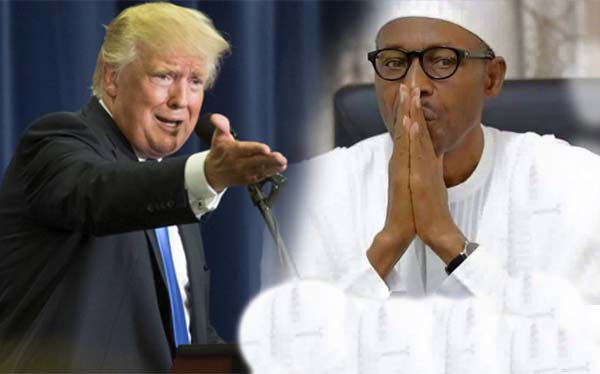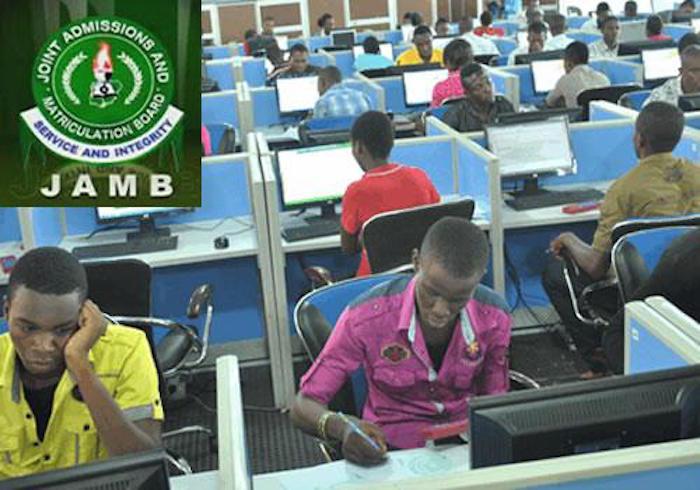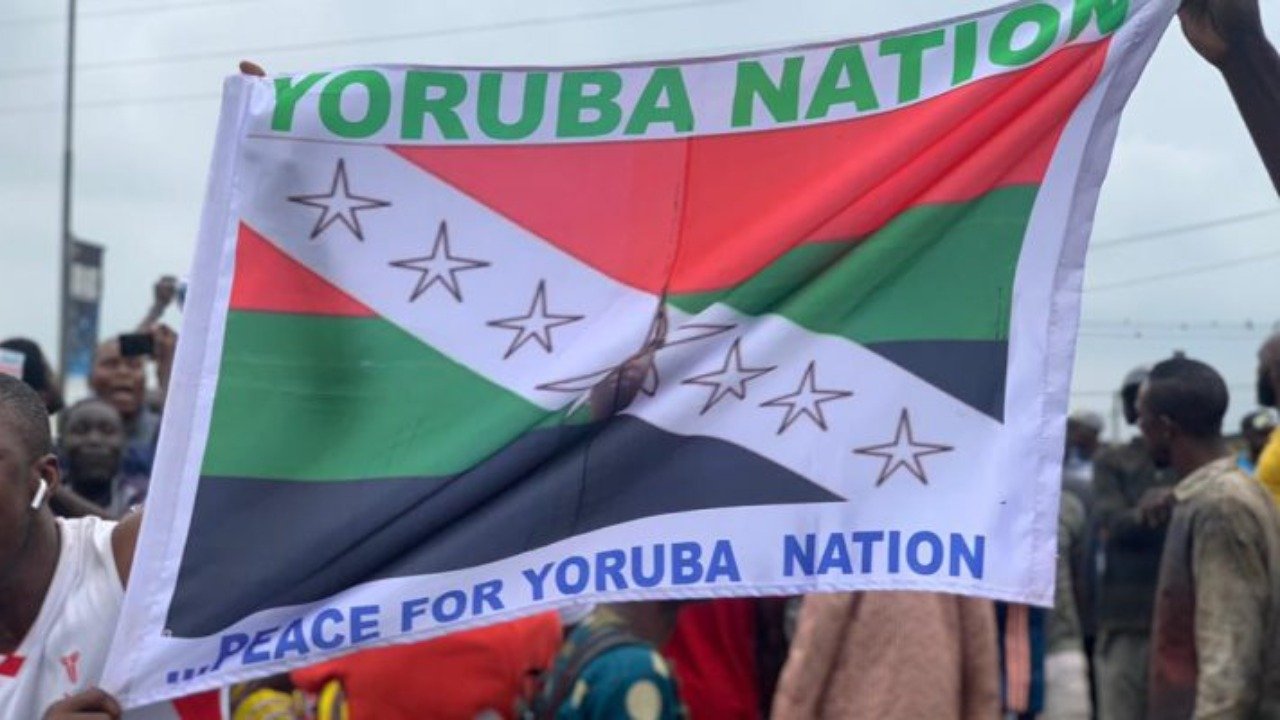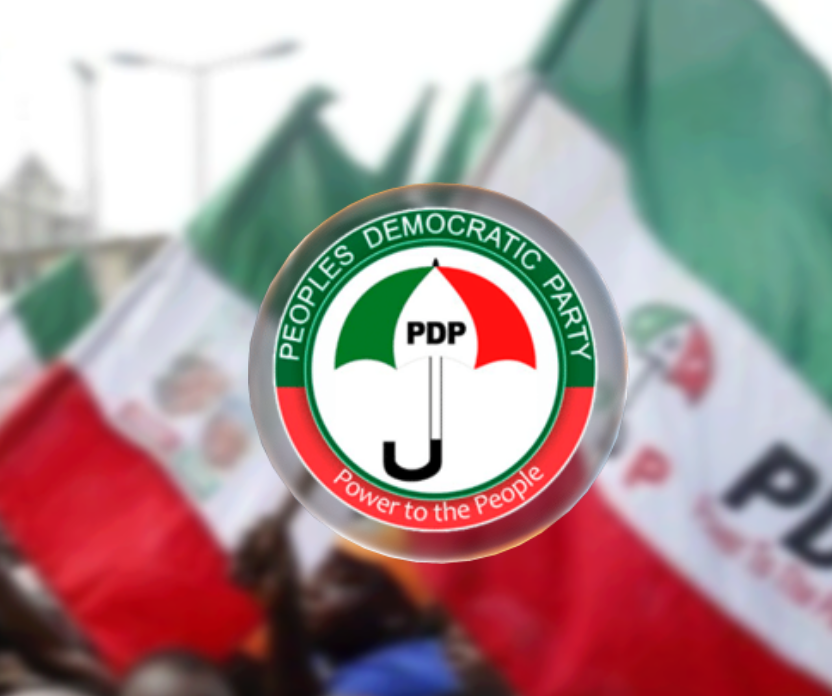The District Circuit Court in Washington DC has dismissed Nigeria’s request for it to set aside its $8.9 billion arbitration award against her over alleged breach of contract.
The court presided over by Justice Christopher Cooper said the request was denied not only on ground that it was belated, but also that it sought the dismissal of the petition for the enforcement of the award.
A government legal team led by the Attorney General and Minister of Justice, Abubakar Malami, left Nigeria on Wednesday morning to Washington DC to attempt to get the court to set aside the award against Nigeria.
The team, which jetted out of the country aboard a British Airways flight, also included the Solicitor-General of the Federation, Dayo Apata, and the Minister of State for Petroleum Resources, Ibe Kachikwu.
The team was joined by a team of foreign solicitors, Messrs Curtis, Mallet-Prevost, Colt & Mosle LLP, hired by the federal government to initiate the legal process to challenge the enforcement of the $8.9 billion award against the country.
But, the outcome of the court’s proceedings monitored by PREMIUM TIMES showed that Nigeria’s motion requesting the court to set aside the clerk’s entry of default award was dismissed.
The court however granted a part of the country’s motion that Nigeria was not properly served the process documents by addressing them to the “head of the ministry of foreign affairs” as is the practice under 28 U.S. Code section 1608(a)(3).
The code stipulates the order of service or delivery of a copy of the summons and complaint in U.S. courts to a foreign state or political subdivision of a foreign state.
In his ruling on Friday, Judge Christopher Cooper said the court would have granted Nigeria’s request to set aside entry of default in view of the country’s recent interest to appeal, but described the request as belated.
The law stipulates a period of 30 days within which copies of the summons and complaint and a notice of suit should be sent to a foreign state.
“The motion is DENIED to the extent it seeks dismissal of the petition,” the judge said.
The arbitration award was issued on March 20, 2013 in favour of a British engineering firm, Process & Industrial Development Limited (P&ID), over alleged breach of contract by the Nigerian government.
The original award against Nigeria was about $6.59 billion. But, following the country’s refusal to enter an appeal for over five years, the award attracted additional $2.3billion in accumulated interest at 7 per cent rate per annum.
On January 31, 2017, the three-man tribunal constituted under the rules of the Arbitration Act 1996 (England and Wales) and the Nigerian Arbitration and Conciliation Act (CAP A18 LFN 2004), gave the final award of $8.9 billion for enforcement.
PREMIUM TIMES learnt that the Malami team had received a directive from President Muhammadu Buhari to ensure they did all that is legally possible to get the U.S. Court to review its affirmation of the award and drastically reduce its value against Nigeria.
However, a senior Justice Ministry official who spoke with PREMIUM TIMES on condition of anonymity on Thursday said the main plank of the team’s argument, which they sold to the president, was that the court lacked the legal authority to give such a ruling against a sovereign nation like Nigeria.
Early this month, the Solicitor-General, Mr Apata, canvassed that line of argument in his reaction to PREMIUM TIMES’ earlier report on the final ruling by the tribunal against Nigeria.
On May 24 this year, this newspaper reported exclusively how the Nigerian government fell into big trouble capable of grounding her fragile economy following a request by P&ID for enforcement of the award.
The report detailed how a $6.59 billion arbitration award since 2013 over alleged breach of contract was allowed to build up to about $8.9billion (about N2.7 trillion at CBN’s N305.4 as of May 22) following accumulated $2.3 billion uncollected interest as of March 2018.
Official documents reviewed by this newspaper showed that a government negotiation team constituted in 2015 by the Goodluck Jonathan successfully negotiated an out-of-tribunal settlement with P&ID and got the company to accept an $850 million payment, about 9.6 per cent of the $8.9billion award.
However, rather than take the recommended action, the present administration opted to set aside the settlement agreement, directing its lawyers to return to the tribunal to renegotiate with the engineering firm.
The decision gave the tribunal the opportunity to enter its final ruling, after the first and second partial final awards on July 3, 2014 and July 17, 2015 respectively, effectively awarding $6.59 billion fine against Nigeria.
The refusal to settle the matter for over five years attracted additional $2.3billion in accumulated interest at seven per cent per annum.
But, Mr Apata in his reaction described the reports as “false”, claiming that the affirmation given by the tribunal on March 2018 to its January 2017 ruling was a “default entry by the clerk” rather than a “default judgement.”
The final ruling was handed down by the court following an application by P&ID seeking enforcement of the award after the Nigerian government failed to defend itself against allegations by the company.
Mr Apata told reporters the Arbitration court lacked the constitutional powers to issue such an order or award against a sovereign state like Nigeria.
“It needs to be stated that what is being touted as a default judgement was actually a default entry made by the court clerk. Under the Foreign Sovereign Immunities Act (FSIA), a defendant has up to 60 days period to answer to a petition filed against it.
“Where no response is entered for the defendant, the court clerk upon application by the petitioner, makes a default entry, which in this case was made on June 5,” he said.
Besides, he said there were certain conditions that must be attained before the U.S. court could deliver such a judgement.
According to Mr Apata, under the FSIA, a default judgement cannot be entered against a foreign state like Nigeria, unless the presiding judge determines so after the petitioner/claimant must have established its entitlement to a default judgment.
He said based on the presumption of sovereign immunity, the US District Court was still under obligation, despite default by a Foreign State, to determine whether the Foreign State was immune from the jurisdiction of the US Court under FSIA, or whether the case before it fell within one of the recognized exceptions.
Besides, he argued that even where the court had determined that it has jurisdiction, a default judgment would not be granted automatically, or as a routine matter to be handled by a court clerk, as this could only be done after a formal trial.
He cited the provision of Section 1608(e) of the FSIA, which states: “No judgment by default shall be entered by a court of the United States or of a State against a foreign state, a political subdivision thereof, or an agency or instrumentality of a foreign state, unless the claimant establishes his claim or right to relief by evidence satisfactory to the court… “
NIGERIA WAIVED HER SOVEREIGNTY UNDER AGREEMENT
Regardless, the three-member tribunal led by the presiding Arbitrator, Lord Hoffman, had noted in its final award that the agreement between P&ID and Nigeria was governed by the laws of the Federal Republic of Nigeria.
The tribunal said both parties had agreed that in the event of any dispute, each may issue a notice of arbitration under the rules of the Arbitration Act 1996 (England and Wales) and the Nigerian Arbitration and Conciliation Act (Cap A18 LFN 2004.
Under the Act, the parties agreed that any “arbitration award shall be final and binding upon the parties.”
Besides, following challenges to the tribunal’s jurisdiction in the United Kingdom and Nigeria, court documents seen by PREMIUM TIMES showed that P&ID told the court Nigeria was treaty-bound to pay the award.
The plank of the company’s argument was that by virtue of the terms of agreement they signed, agreeing to be bound by the outcome of any arbitration, Nigeria waived its right to immunity as a sovereign nation.
“The final award is governed by the New York Convention. So, Nigeria’s status as a foreign sovereign does not deprive the court of jurisdiction to confirm the award,” P&ID said in its application in March 2018.
Legal experts familiar with the matter said on Friday, the Nigerian team might have serious difficulties convincing the tribunal to change its ruling on the matter on the basis of the terms of agreement the two parties signed.
HOW IT ALL STARTED
The Nigeria government was accused of reneging on its obligation to supply gas to P&ID under an agreement to build and operate an Accelerated Gas Development project to be located at Adiabo in Odukpani Local Government Area of Cross River State.
P&ID said the country’s negligence frustrated the construction of the gas project, thereby depriving it the potential benefits expected from 20 years’ worth of gas supplies.
In August 2012, the company the government notice for Arbitration.
In July, 2015, the arbitral tribunal found Nigeria culpable of the breach and liable to pay damages.
On December 23, 2015, the government asked for the award to be set aside, despite committing under the agreement that the arbitration decision shall be final and binding upon parties.
So, on February 10, 2016, the application was dismissed, paving way for the hearing on July 22 to 24, 2016 to determine the damages.
Two members of the three-man tribunal, Lord Hoffmann and Anthony Evans, held that P&ID’s expenditure and income should have been about $6.597 billion if government fulfilled its obligation under the agreement.
Both officials said the award should be paid together with interest at the rate of 7 per cent from March 20, 2013.
The third member, who is Nigeria’s former Attorney-General and Minister of Justice, Bayo Ojo, said although P&ID was entitled to compensation for the breach, its damages could not have been more than $250 million.
On January 31, 2017, the court gave the final award as $8.9 billion, which included additional $2.3 billion in uncollected interest as of March 2018.
However, few days to the end of the Jonathan government, a $850 million agreement was reached with P&ID.
But, Mr Jonathan opted to transfer the responsibility of disbursing the funds to P&ID to the then in-coming administration of President Muhammadu Buhari since he was at the exit door already.
However, on December 23, 2015, the Buhari government asked the tribunal to set aside the award completely.
Culled from AllAfrica

 News6 years ago
News6 years ago
 Featured6 years ago
Featured6 years ago
 Boss Picks6 years ago
Boss Picks6 years ago
 Headline6 years ago
Headline6 years ago
 Headline6 years ago
Headline6 years ago
 Headline5 years ago
Headline5 years ago
 Headline6 years ago
Headline6 years ago
 Headline6 years ago
Headline6 years ago













